Companies See Opportunity in Blockchain Gaming Technologies
Previously unknown development companies are all of a sudden making six-figure deals with some of the biggest names in entertainment and gaming, which leads many to ask the question “What is so interesting and different about blockchain gaming?”
Before we discuss what blockchain games are, here is a quick definition of the blockchain: “Blockchain is an immutable digital ledger that facilitates the process of recording transactions and tracking assets in a big network in a decentralized way.”
One of the main points of blockchain gaming is it allows players to own the items and characters that they are playing with in game. Unlike a normal game where your skins and virtual currency are stored on the game’s server, your items and digital currency are being stored in your own personal wallet on the blockchain. This also allows you to take your coins from one game and spend them on items in another. By building this type of ecosystem, companies make it easy for a user to interact with many different games in that ecosystem at the same time, and also allows the user to store their items themselves.
The first blockchain game was CryptoKitties, released in November 2017 by Axiom Zen. Since then, many blockchain games have been released from small startup companies like Sky Mavis (Axie Infinity) to big companies like Ubisoft.
Other examples of companies that develop blockchain games are Mythical Games (NFL Rivals), Gala Games (Town Star), and Recur (Paramount, Nickelodeon, Star Trek).
Most of these blockchain games are hosted on the Ethereum blockchain, along with other projects like NFTs, and of course, the Etherium crypto currency itself.
Ever since Bitcoin was released in 2009, crypto has been something that has confused many people who aren’t tech savvy. The introduction of crypto allowed for other blockchain-based items to be created, such as NFTs (which I wrote about in a previous article), as well as blockchain games, which I discuss here.
The reason that many big gaming and entertainment companies are making six- or seven-figure deals with previously unknown development companies is the same reason that a few lucky individuals invested in Bitcoin back in 2009 when it was worth a fraction of a cent–these companies see opportunity in these new and quickly advancing technologies.
Some big game developers like Ubisoft have implemented or discussed implementing web3 (Web 3.0) and blockchain technologies into their games. For example, Ubisoft added NFTs into one of their most popular games – the military shooter “Ghost Recon Breakpoint.” These NFTs were able to be purchased and then transferred into the game as items which the player could use to customize their character. The NFTs (named Ubisoft Quartz) were not a huge success, and appear to have only made around $400 for the company with only 15 total sales according to Forbes.
Another reason a lot of big gaming companies are investing in the idea of web 3.0 and blockchain gaming are because the users in the game are able to trade their digital items in the game. While this can be seen on some other platforms such as Roblox, this would allow communities to create secondary markets for games that don’t have those integrated markets like Fortnite, Apex Legends, and Valorant. While players still engage in the purchase and sale of accounts for these games in order to obtain rare items, there is always a risk to the user due to the fact that these sales are not regulated by the company that owns the game.
This leads to people being scammed and falsely holding the company responsible for what happened. Blockchain gaming would allow developers to have these secondary markets for their games while making sure they are safe and regulated.
Another perk of having these secondary markets for items and NFTs is something called utilities. A utility is an item or digital asset that has a secondary purpose. For example, this utility could be used as a weapon skin in game while doubling as a ticket to a real live convention for that game. Other utilities could include special abilities in that game: a free t-shirt, lunch with a famous athlete, actor, or music artist–the possibilities are endless.

Cole Plager is a 16 year old Junior at de Toledo High School. He is interested in Cybersecurity and Technology. This year in Journalism, he will be writing...

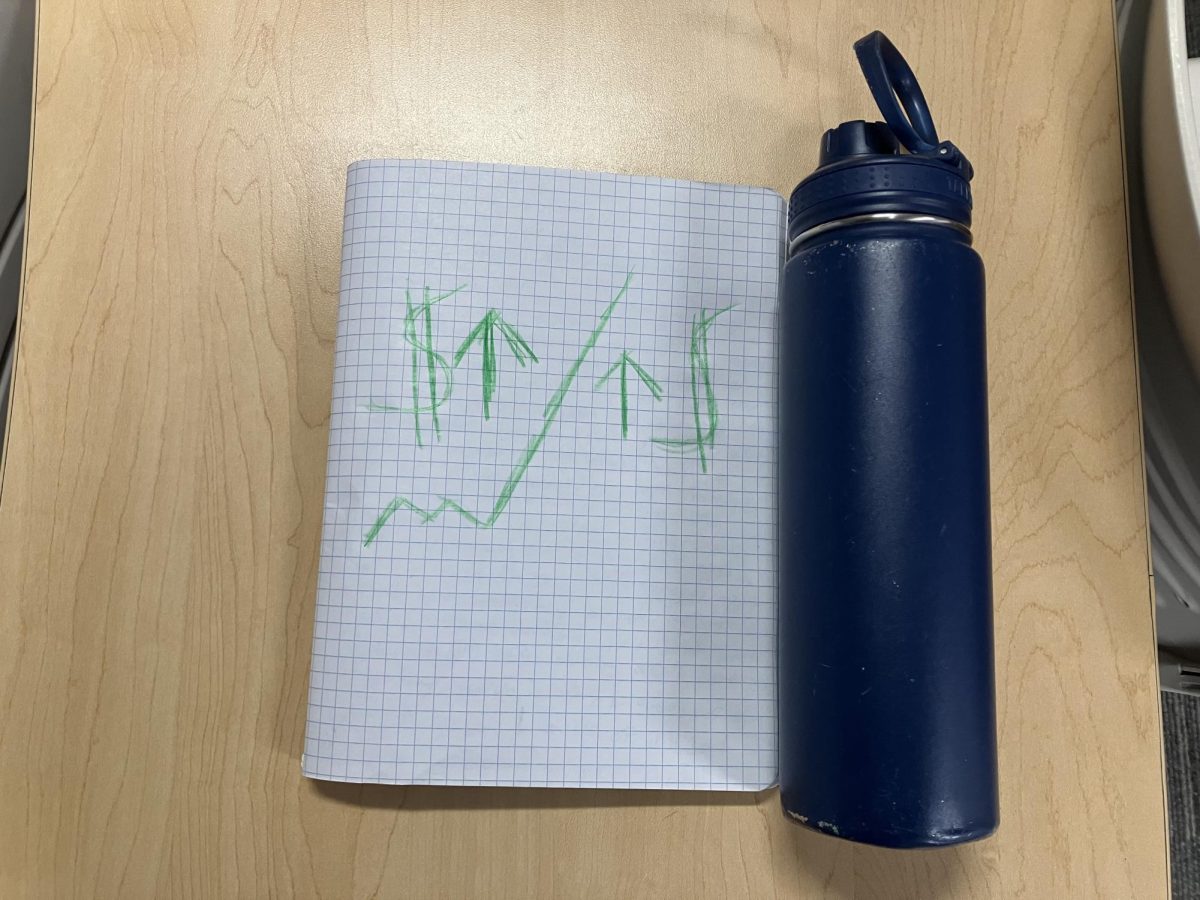



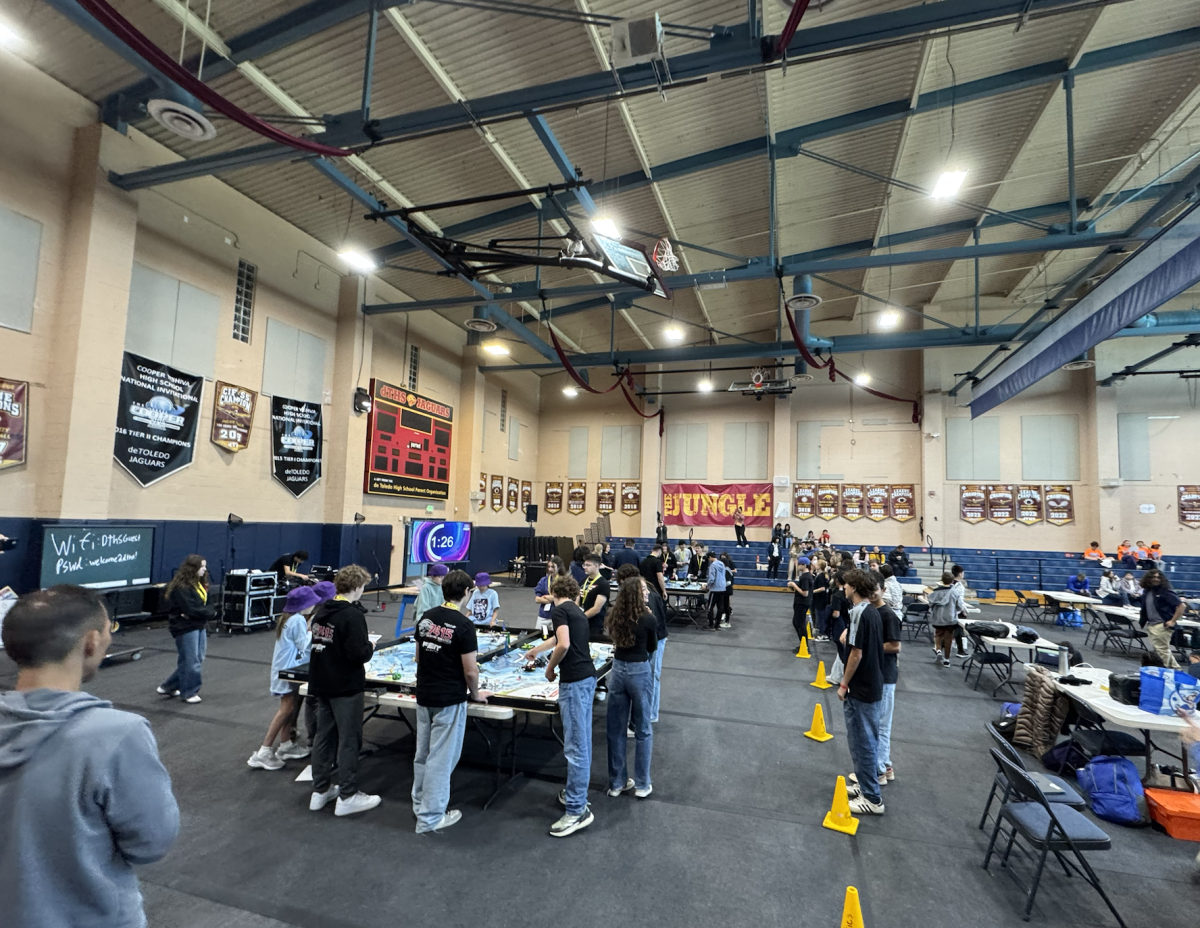

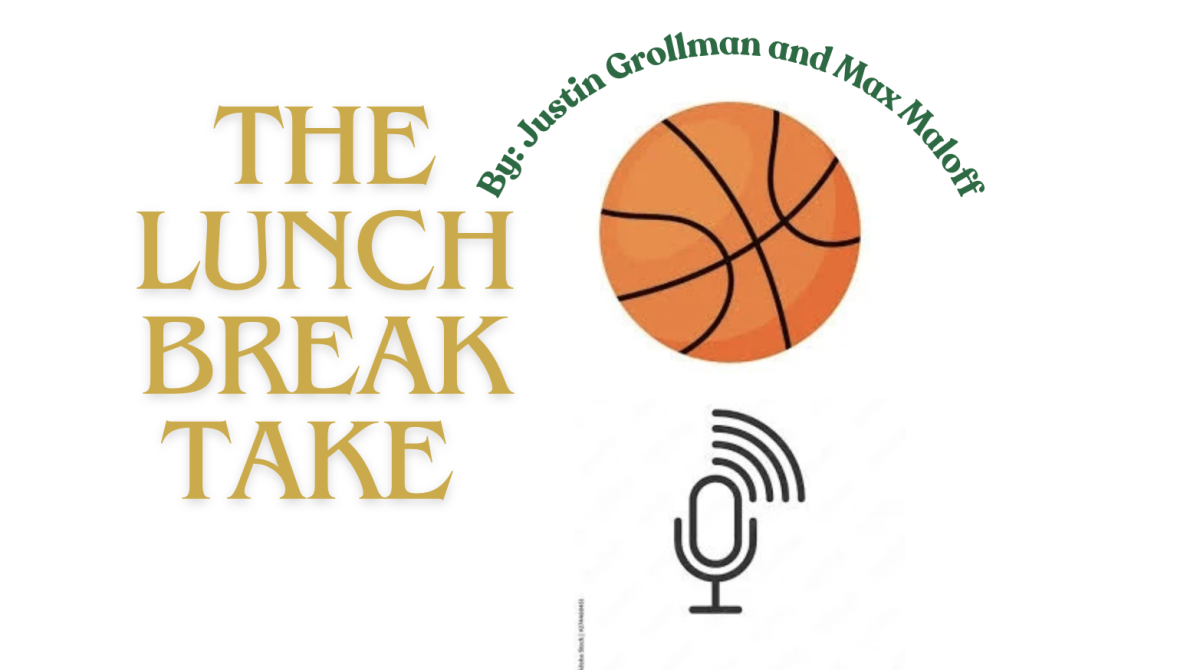



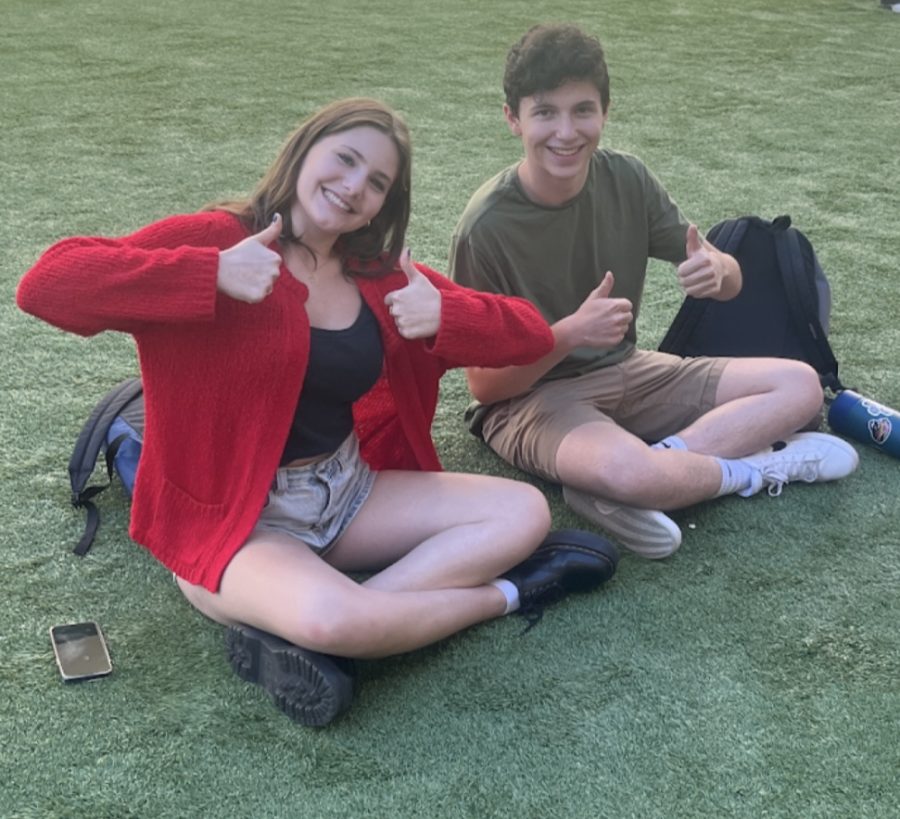
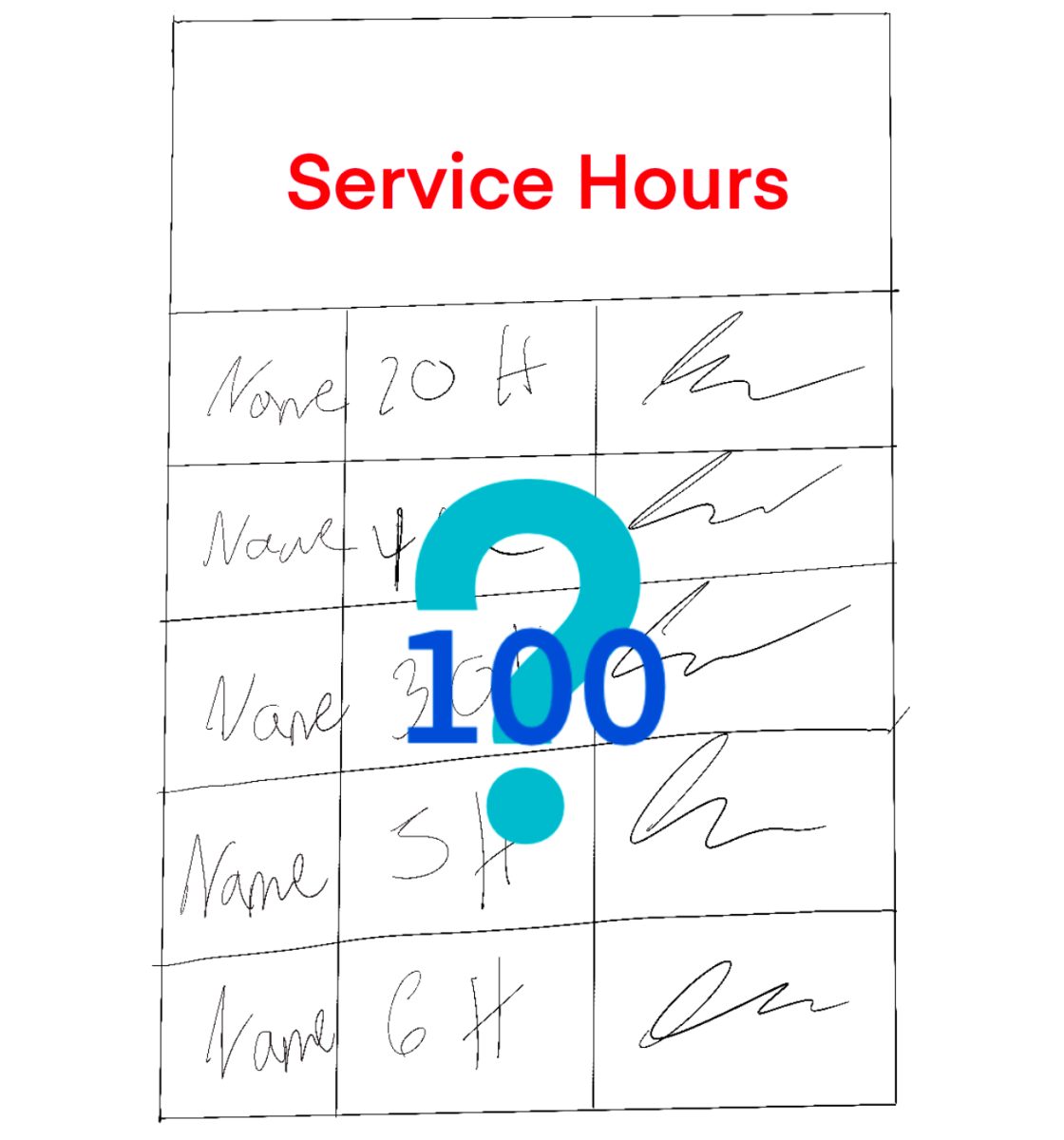

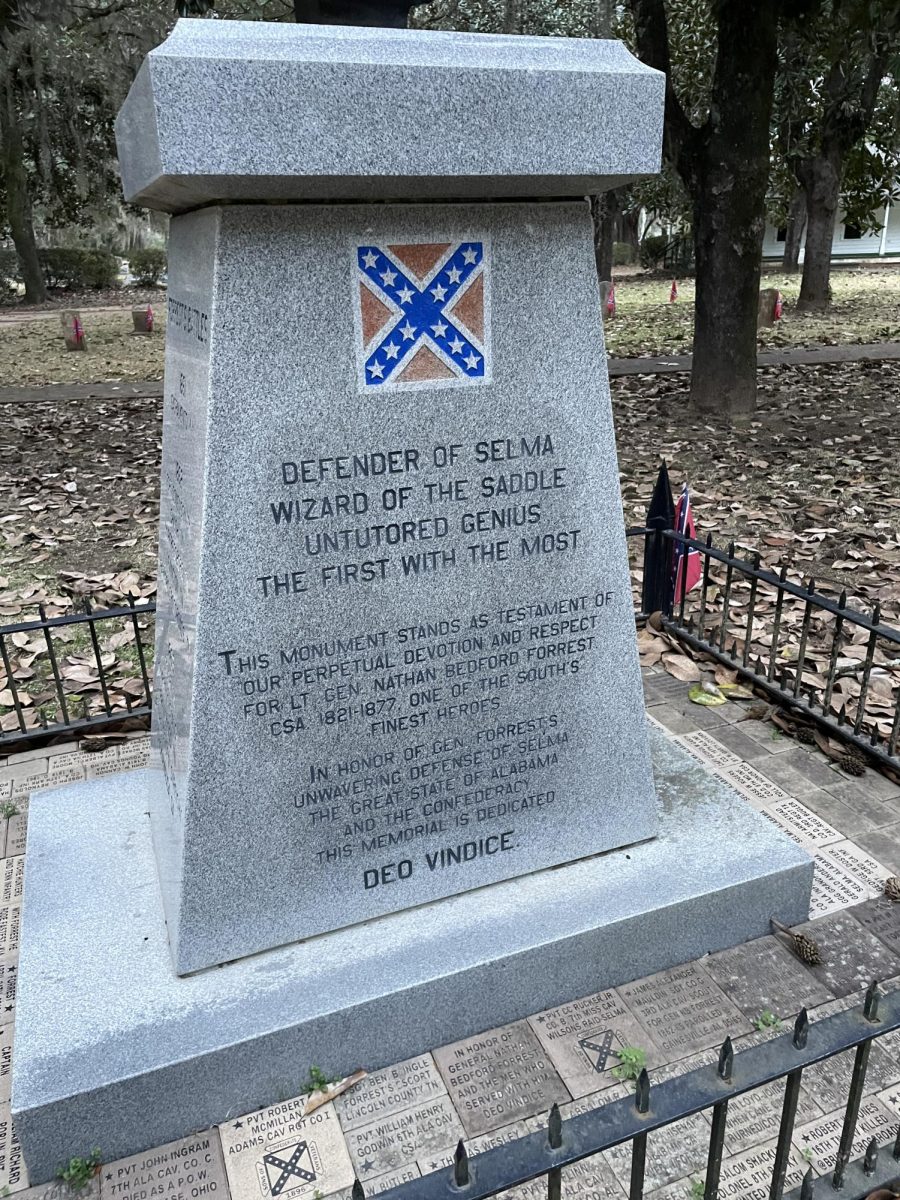




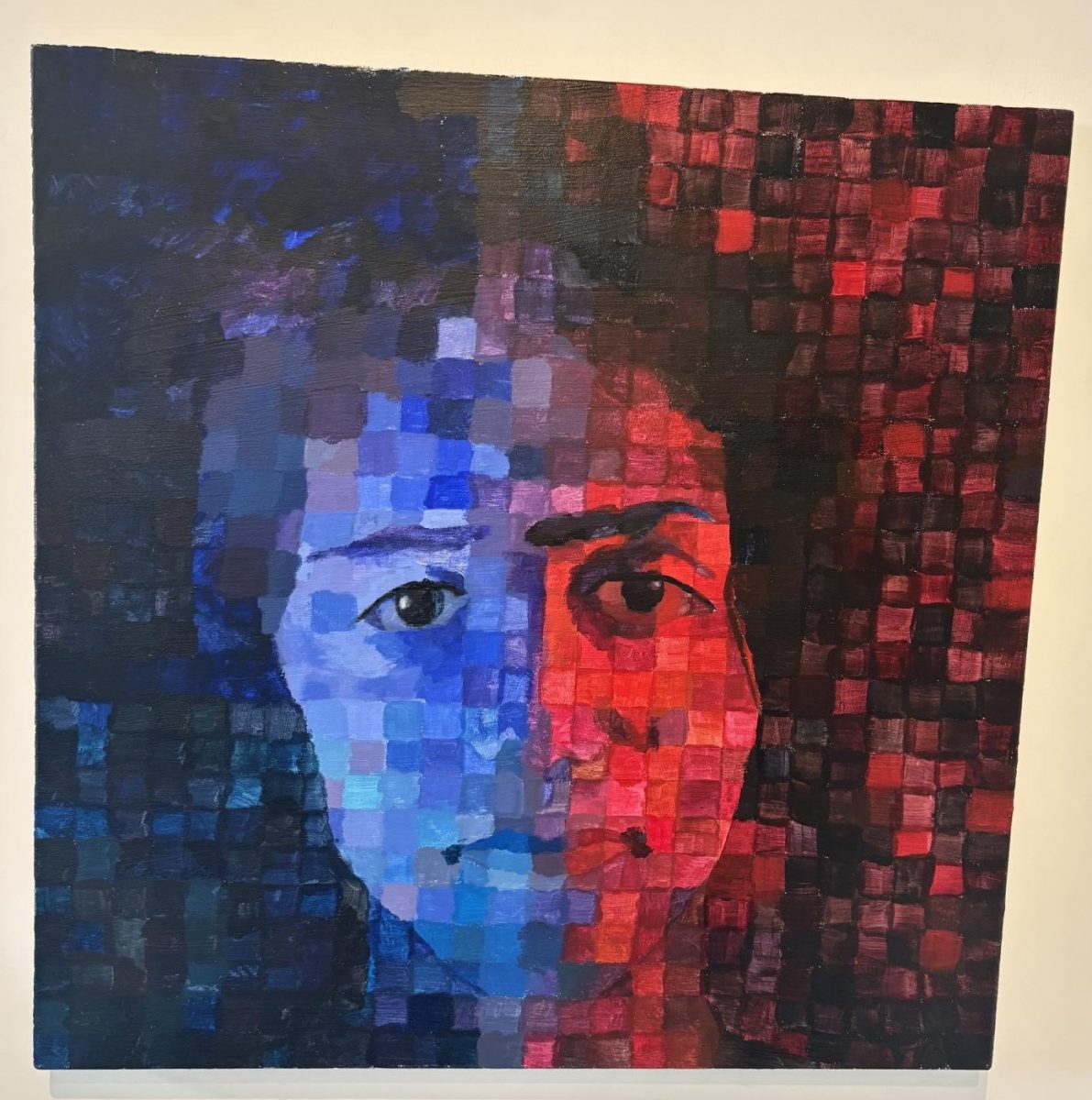
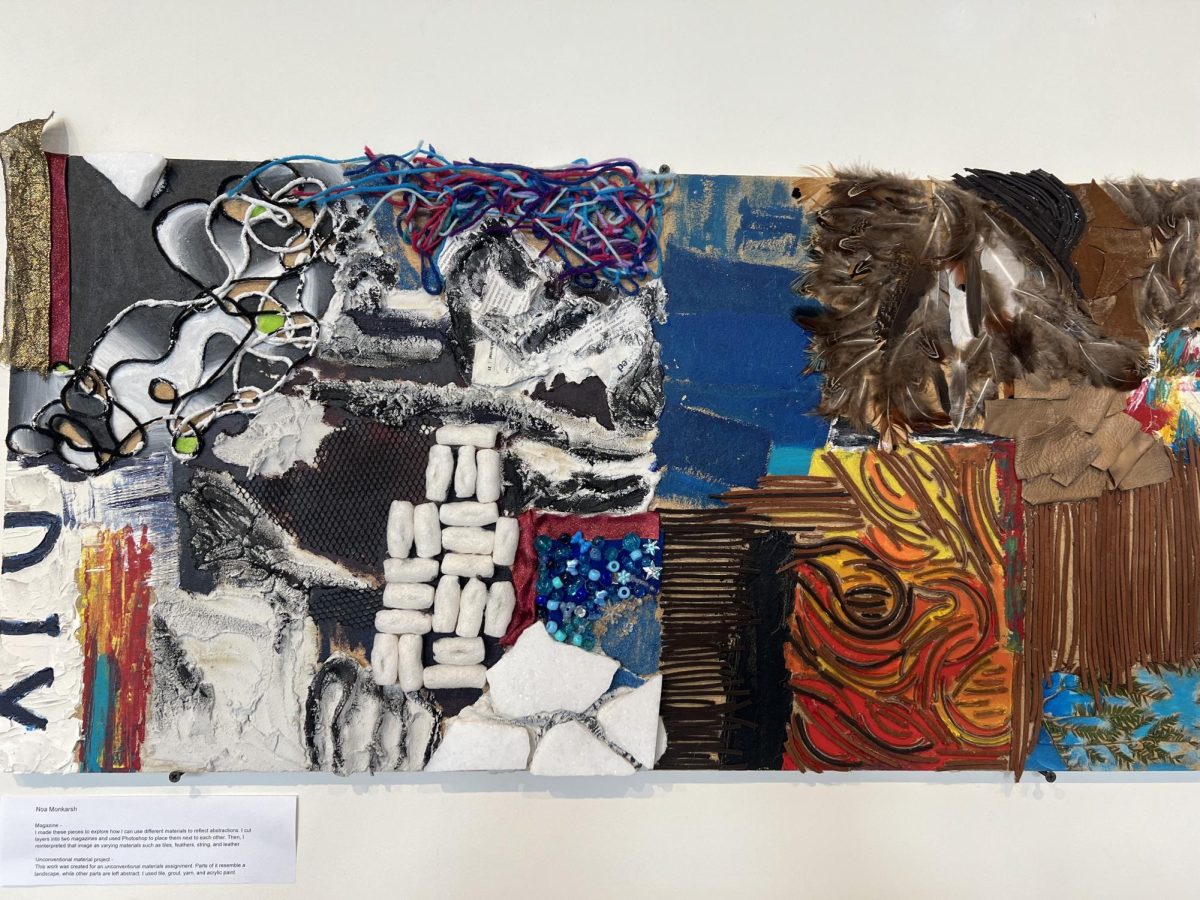
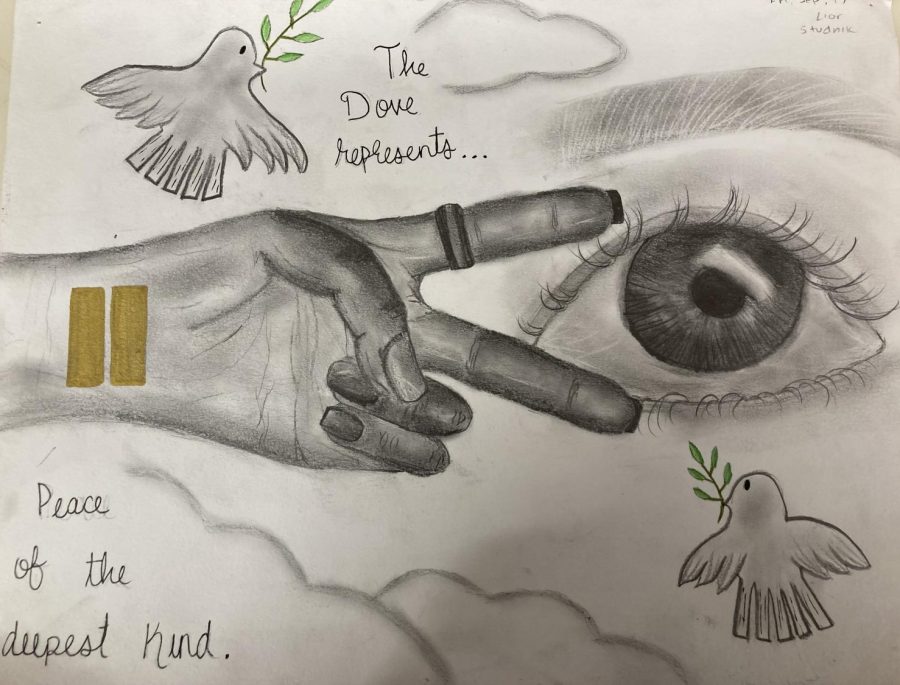
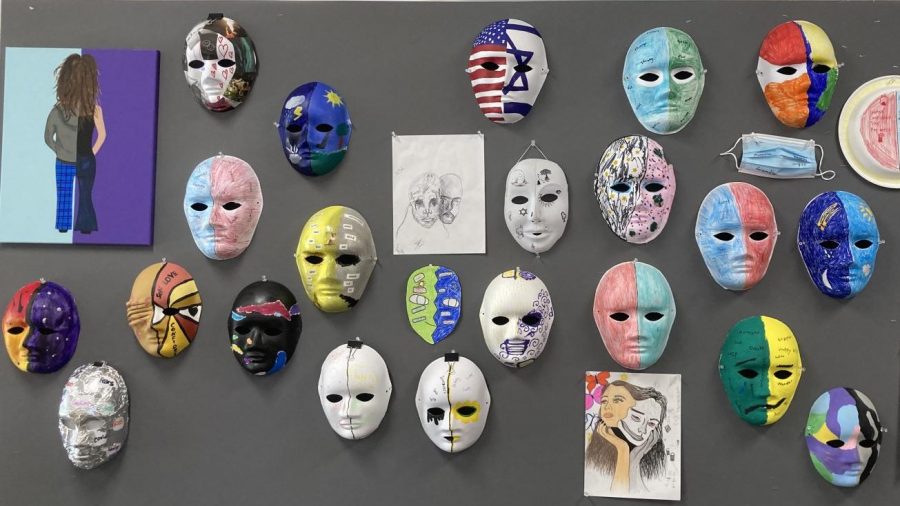
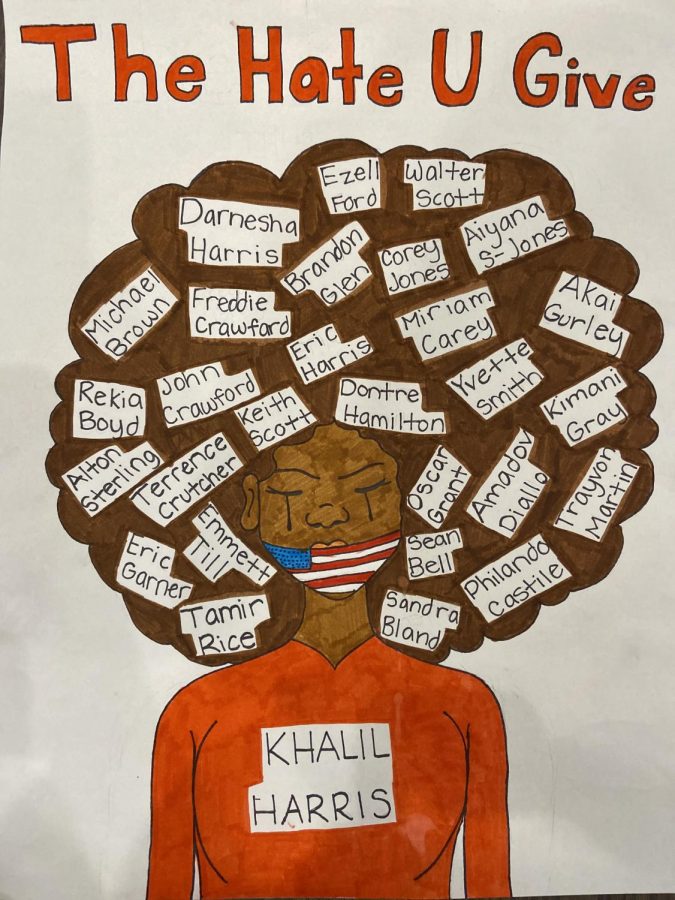
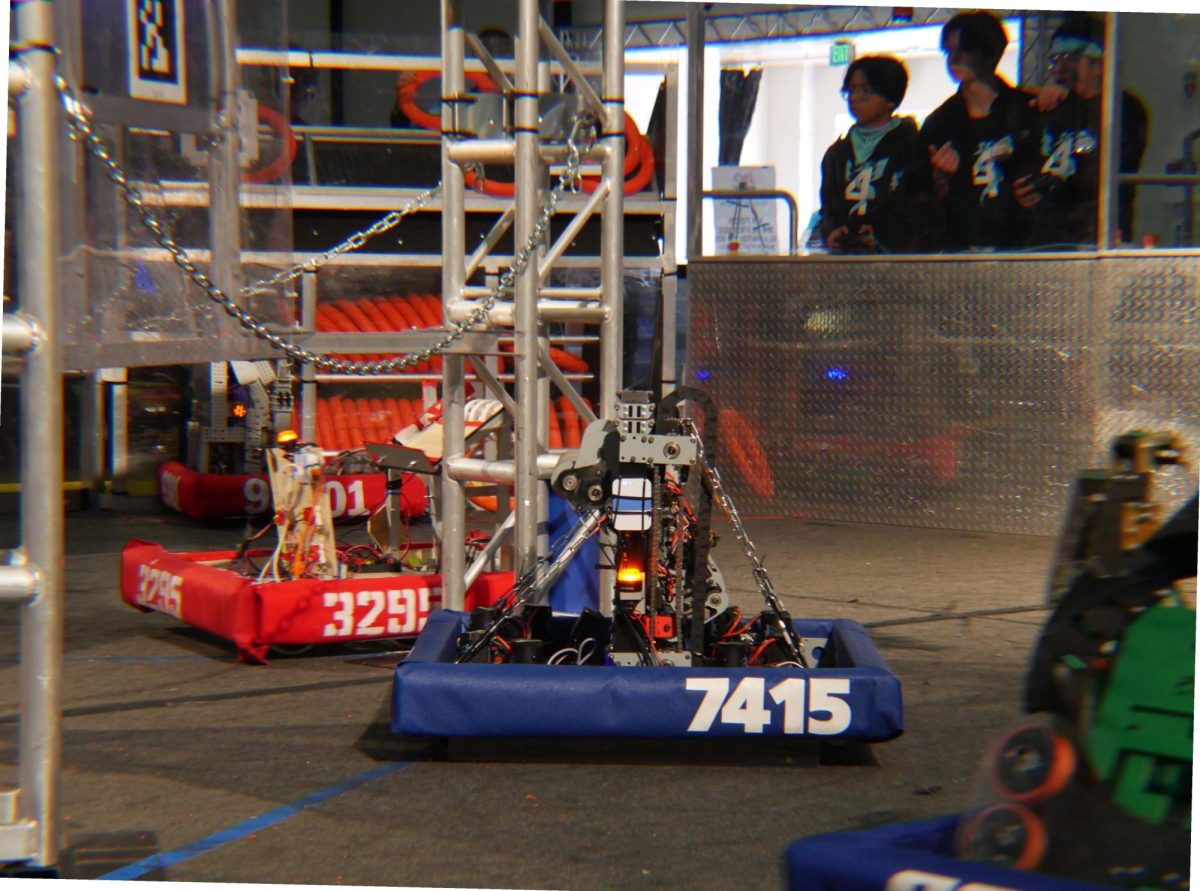


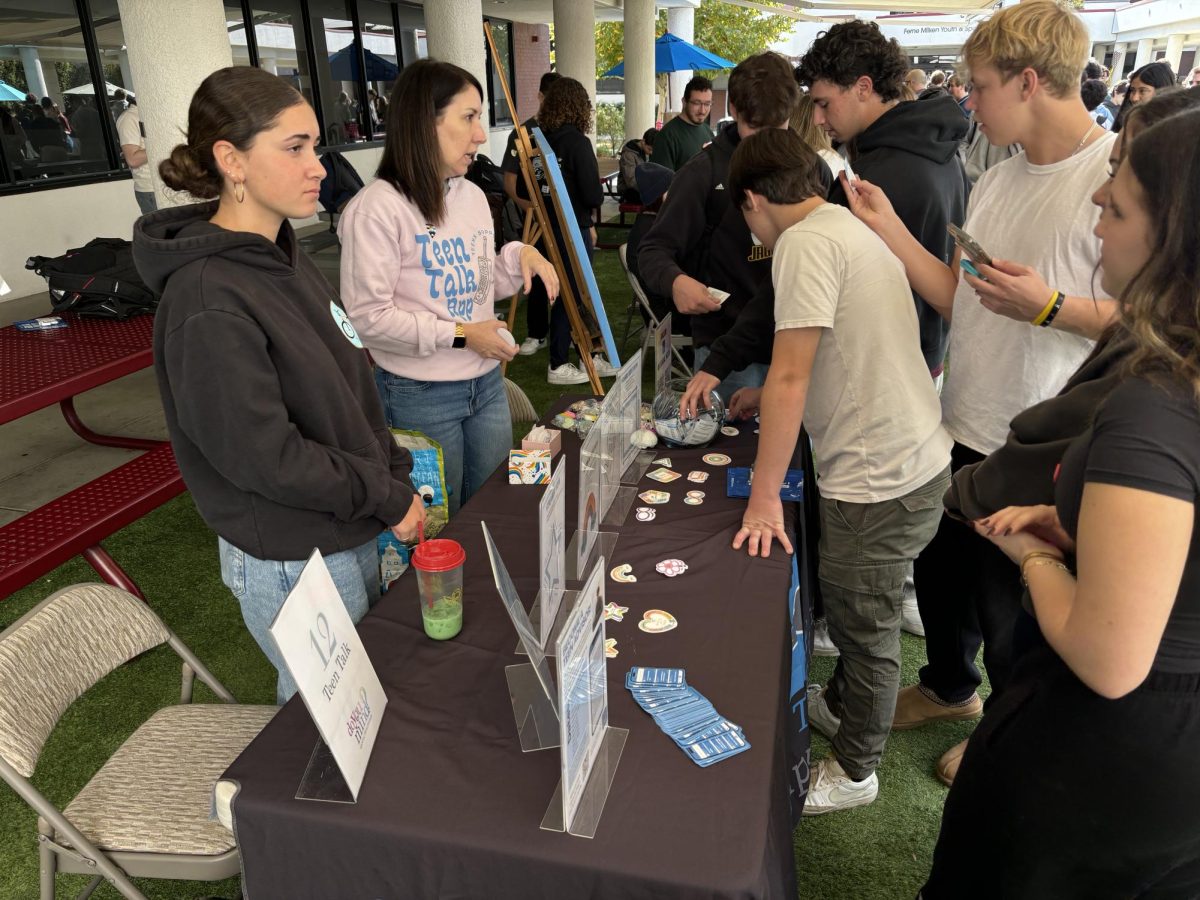
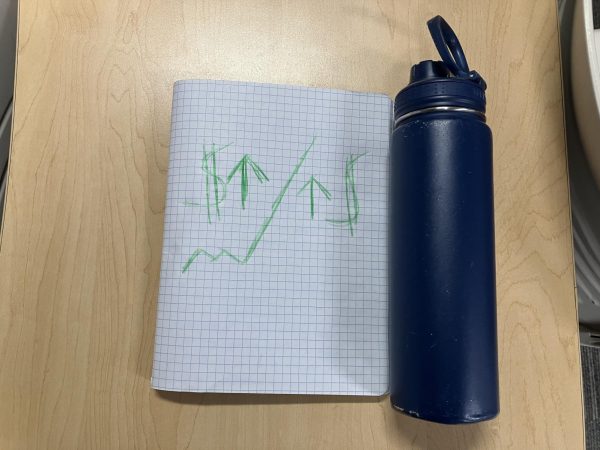
Mystery Person • Jun 14, 2022 at 8:23 pm
Great article!